Introduction
Deepavali, is one of the most significant festivals celebrated in India and other parts of the world. It is a five-day festival that usually falls between mid-October and mid-November.
The festival is celebrated by Hindus, Jains, and Sikhs, and it symbolizes the victory of light over darkness, good over evil, and knowledge over ignorance.
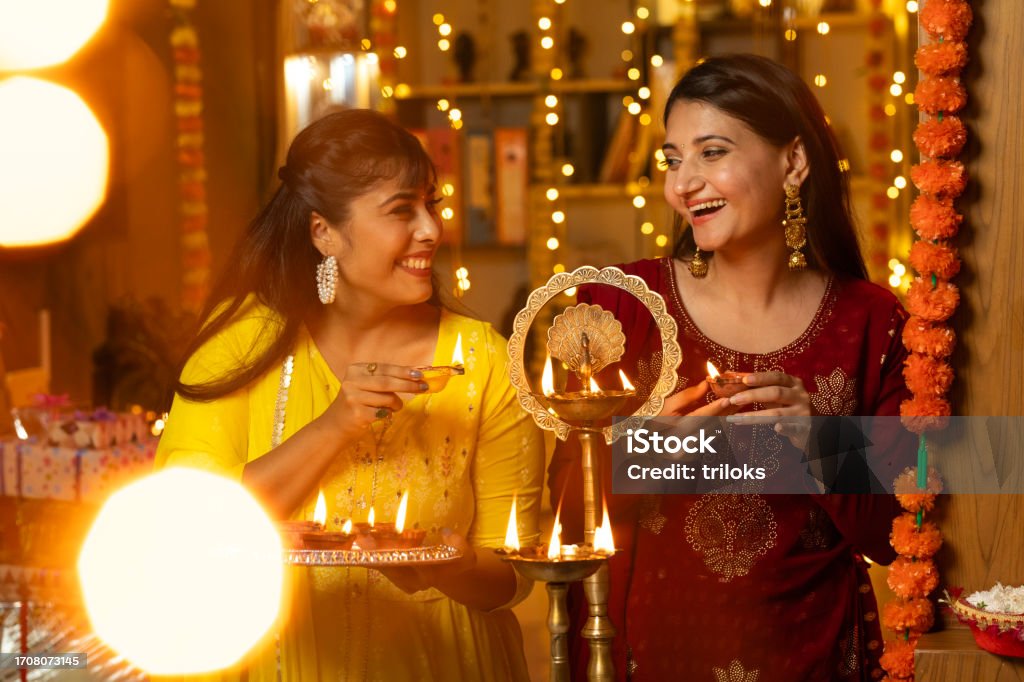
Origins:
The origins of Diwali can be traced back to ancient India, where it was celebrated as an important harvest festival. However, there are various legends pointing to the origin of Diwali.
Marriage of Lakshmi to Lord Vishnu
Some believe it to be the celebration of the marriage of Lakshmi, the goddess of wealth, with Lord Vishnu.
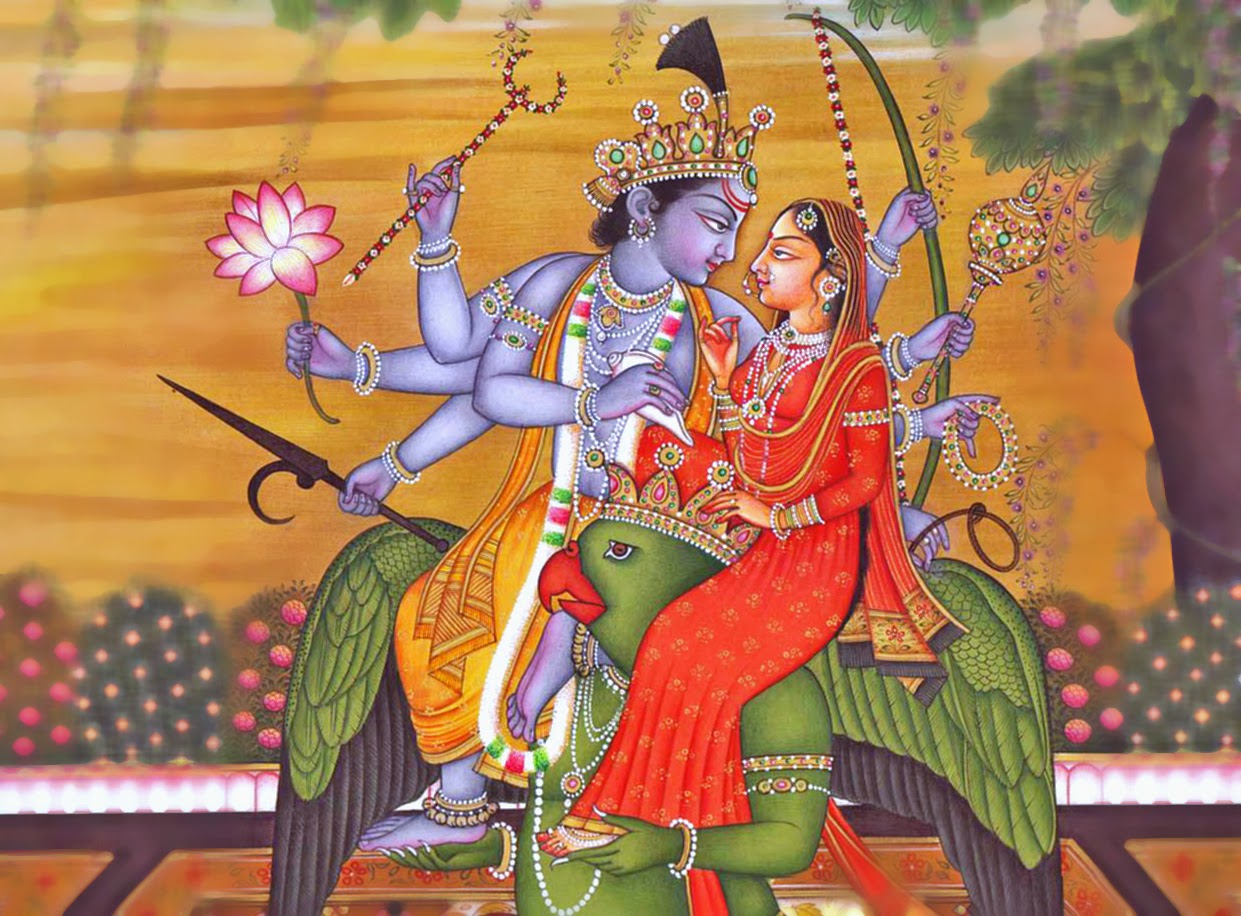
Birthday od Lakshmi
Others use it as a celebration of her birthday, as Lakshmi is said to have been born on the new-moon day of Kartik.
Worship of Mother Kali on Divali in Bengal
In Bengal, the festival is dedicated to the worship of Mother Kali, the dark goddess of strength. Lord Ganesha, the elephant-headed god and symbol of auspiciousness and wisdom, is also worshipped in most Hindu homes on this day.
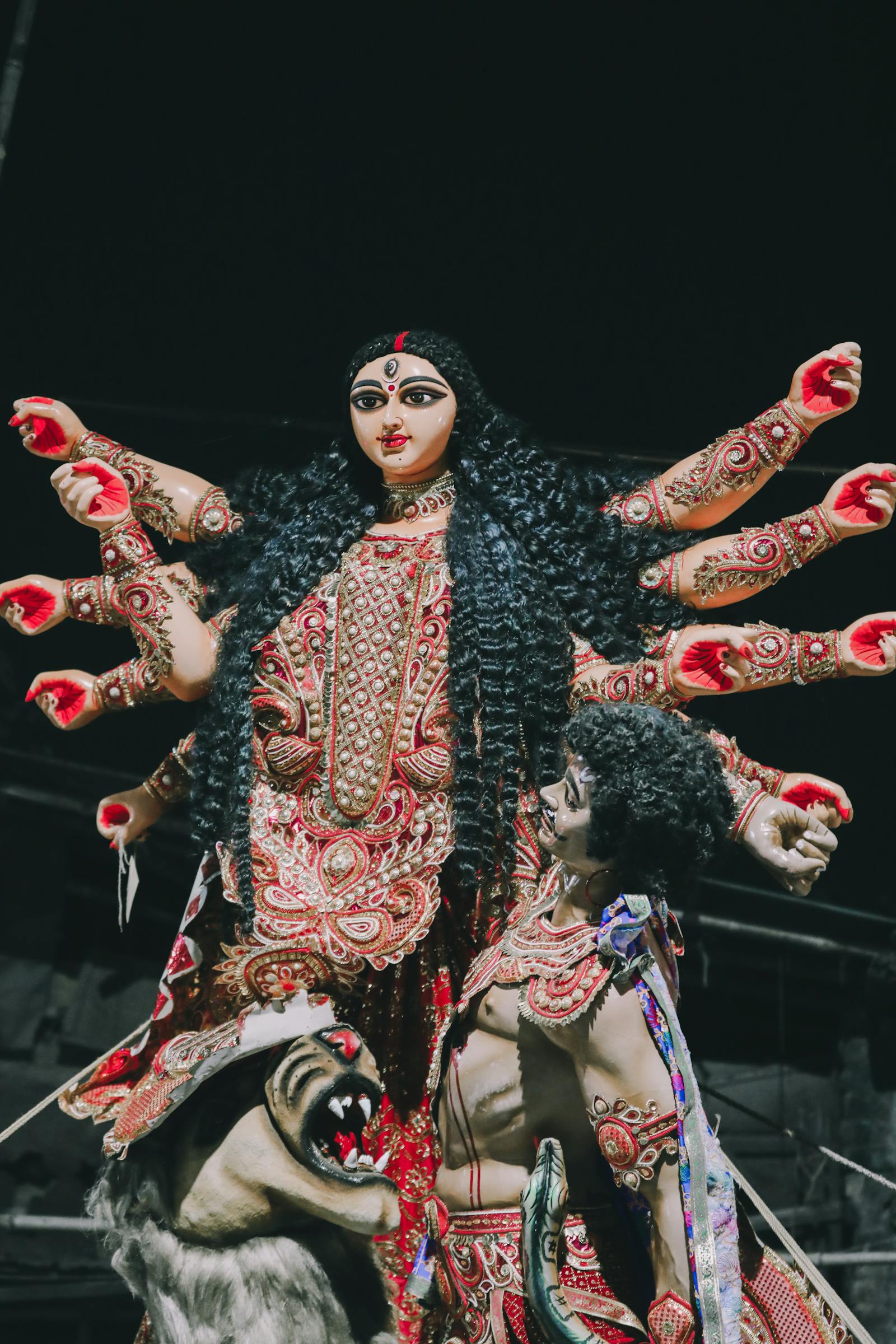
Founder of Jainism -Mahavir Attained Nirvana on this Day
In Jainism, Deepawali has the added significance of marking the great event of Lord Mahavira attaining the eternal bliss of nirvana.
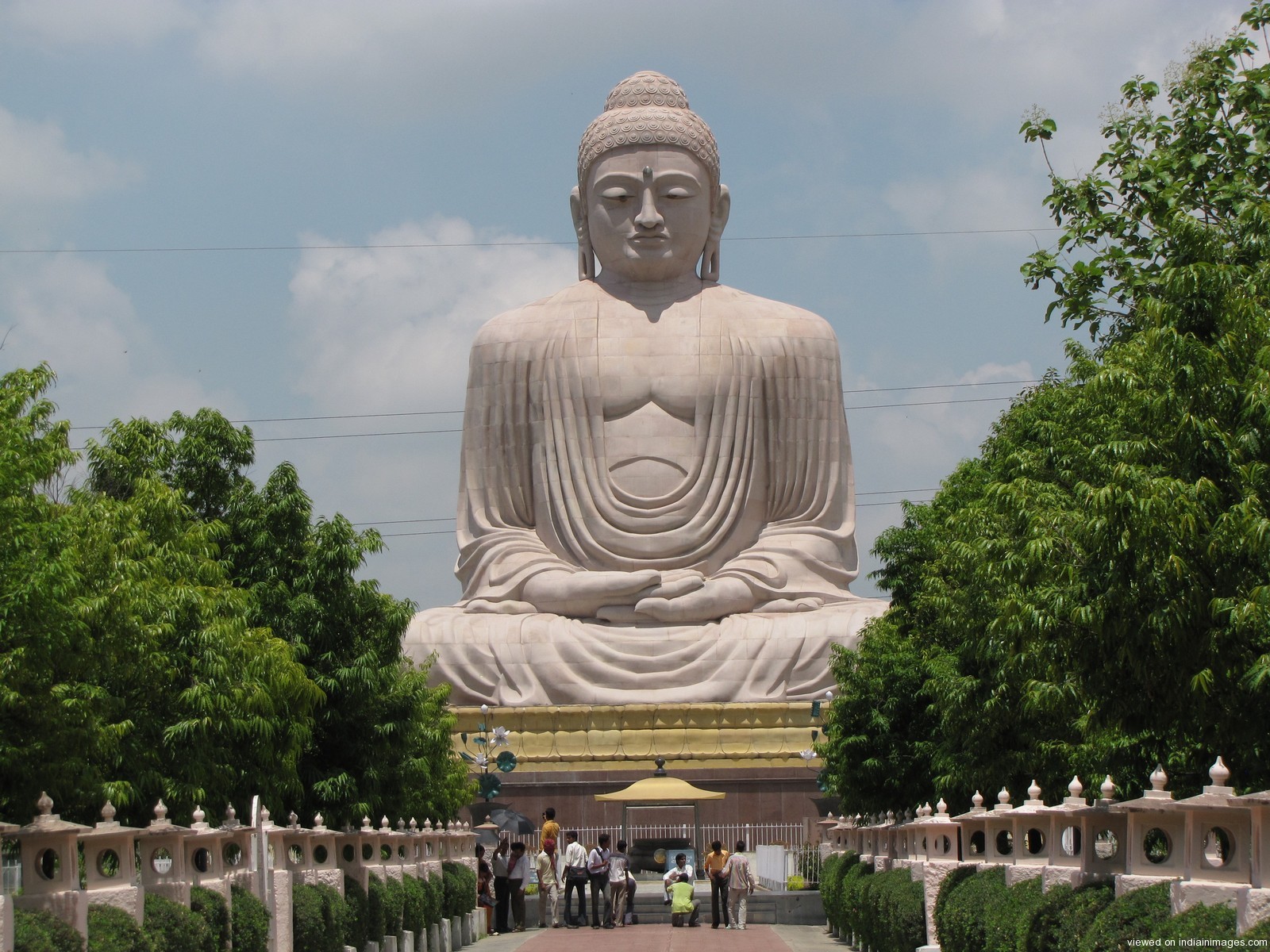
Divali a Four Day Celebration:
Diwali is marked by four days of celebration, which literally illuminates the country with its brilliance and dazzles people with its joy. Each of the four days in the festival of Diwali is marked with a different tradition. What remains constant is the celebration of life, its enjoyment, and a sense of goodness.
First Day
The first day of the festival, Naraka Chaturdasi, marks the vanquishing of the demon Naraka by Lord Krishna and his wife Satyabhama.
Second Day
Amavasya, the second day of Deepawali, marks the worship of Lakshmi when she is in her most benevolent mood, fulfilling the wishes of her devotees. Amavasya also tells the story of Lord Vishnu, who, in his dwarf incarnation, vanquished the tyrant Bali and banished him to hell.
Third Day
The third day of the festival, Kartika Shudda Padyami, marks the victory of Lord Krishna over the demon king Narakasura.
The Fourth Day
The fourth day of Diwali is known as Yama Dvitiya, and it celebrates the love and bond between brothers and sisters.
Diwali is a time for family gatherings, feasting, and exchanging gifts. People decorate their homes with lights and rangolis, which are intricate patterns made with colored powders. Fireworks are also an integral part of the festival, and they light up the night sky with their brilliant colors and sounds.
Return of Rama after Killing Ravana
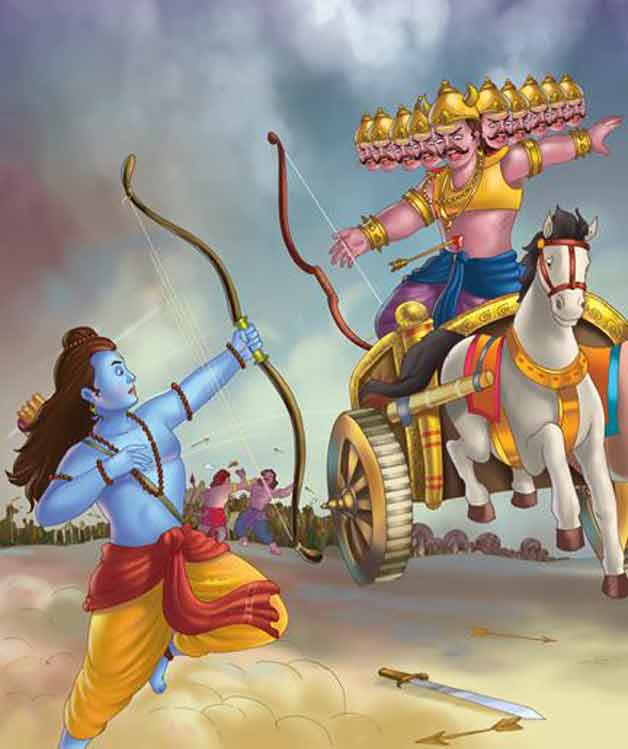
In addition to these traditions, Diwali also commemorates the return of Lord Rama, his wife Sita, and brother Lakshman to Ayodhya after 14 years of exile and vanquishing the demon-king Ravana 1. In joyous celebration of the return of their king, the people of Ayodhya illuminated the kingdom with earthen diyas (oil lamps) and set off firecrackers


